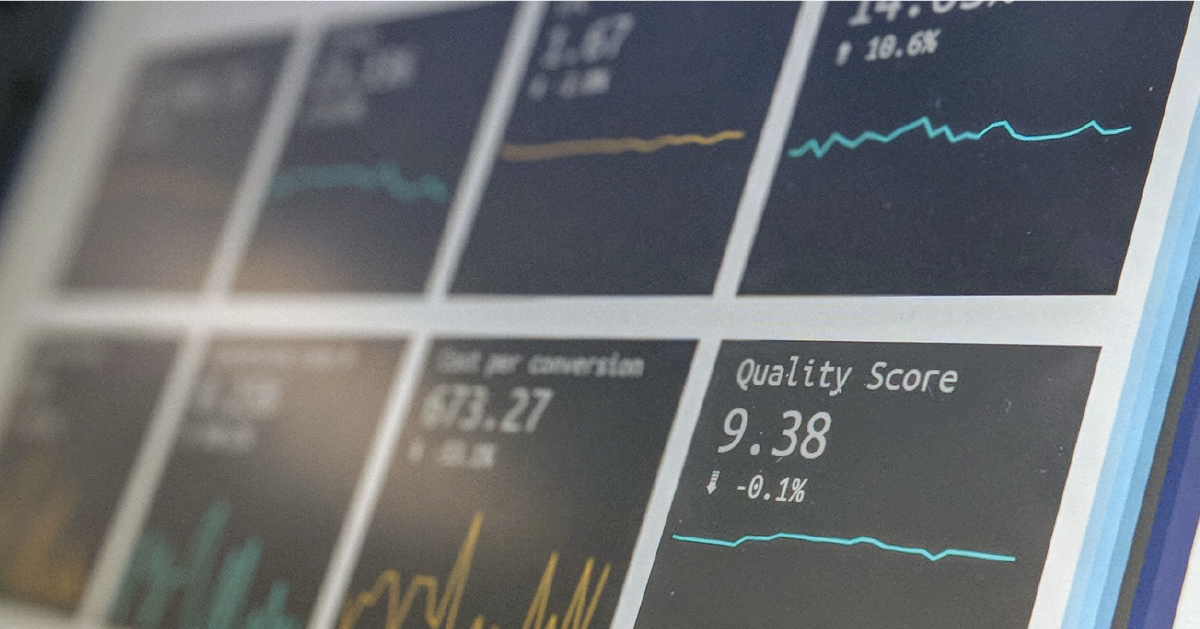
Asma Shabab is the Digital Business and Innovation Strategy Consultant at IBM. In her work, she helps companies, governments, and social institutes futureproof their missions by transforming their business models with the adoption of exponential technologies.
Asma was a guest speaker at Berytech’s Euro-Med Scale Up Innovation Day where she shared her experience and tips on how startups can use data to build better products and services. Here’s a roundup of the tips she shared during her talk titled: The Power of Data and its Impact on Consumer Behavior.
Data to make informed decisions
How do you make your digital operating models more resilient? What is your digital business model looking like? With all the data that is available, it becomes more specific to figure out the small pockets of value that your startup offers. It is no longer convenient nor applicable to create those 3 to 5-year strategies. We need to create prototypes and get them in front of users asap to figure out if they are going to be successful or not. This is where the whole strategy of big and small companies is changing. You need to figure out those small pockets of value, take it to the customer and see what works and doesn’t work.
Given the fact that we are living in this platform economy, we want the customer to come on our platform, rather than anywhere else because with those interactions we are going to get that data to be able to make those informed decisions.
The whole digital business model is working in a very cyclical way. You create a service or a product, the customer gets on your platform, and with the interactions the customer has with your platform – with their behavior, you need to be able to understand what is that next thing that you should create for them, and then, this just continues in a loop. It might be simplistic, but what it does is de-risk the innovation that is happening.
Pockets of Value
A good example that I always use is the music industry. In the 1950s, the record industry of America had a monopoly of all the amazing musicians exclusively licensed to it. People would go to the stores and would pick out a specific album to enjoy. This created massive value. In the late 90s, came Napster and you no longer needed to buy complete records, you could get one single song and you could get it for free in an instant. In 2003, people started preferring iTunes over Napster because iTunes gave that portability aspect. You could now carry thousands of songs and listen to them anytime you wanted and that value element became such a decisive factor. Now we have all these music platforms – streaming giants – that are creating small pockets of value to convince customers to establish a relationship with them.
This is a good reflection of where major industries are headed, competition is going to be on those small pockets of value. This is where it becomes crucial that you look at what your customer is desiring and how they are interacting, and you start establishing your value elements.
Leveraging Data
A study by Gallup shows that organizations that leverage customer behavioral insights outperform peers by 85% in sales growth and more than 25% in gross margin.
In startups, growth is such a major performance criterion. The ability to capture and use customer insights to shape your product or service is a key differentiator. An example is that LinkedIn started with just job matching, and over time, understanding what customers need and how customers were interacting and communicating with each other, they added thought leadership as a value element for their users. Later, LinkedIn started introducing new concepts in terms of education because they have realized that their customers, within this professional network, want to not just showcase themselves in a better light and brand themselves but they also want to build their skills as well.
What is needed to make this happen?
Figure out and have a solid conversation on data value creations and ask questions such as why is data such a strategic asset for you? What can we do with data? How do you realize this new value? Who do you need to make this happen?
When you ask questions about the why and what drafts your entire vision, creating your roadmap on what value you are going to create for your customers. It can be things like monetizing data or introducing new products or services.
And then, the other end is about how are you going to capture that value, and what you need to do to create this value, which is about the resilient and dynamic operating model. Do you have the right skills? Do you have enough people who understand what data is coming in and what is that potential impact? Reaching out to an ecosystem and figuring out who are the right partners is essential. Ask yourself who do I need to reach out to make this happen? Who’s got data that compliments the stuff that I’m doing as well?
Look at the way your customers interact with your platform and then make informed decisions because that is definitely how you create a competitive advantage for your startup.
The Euro-Med Scale Up Innovation Day
The Euro-Med Scale-Up Innovation Day was organized by Berytech under the EU-funded THE NEXT SOCIETY initiative as the first virtual event for scaling-up Mediterranean startups through the COVID-19 challenges and consequences on startups, businesses and economies.
More than 1,000 people of the region’s most entrepreneurial minds signed up for the six-hour event that gathered more than 50 speakers and 40 exhibitors from more than 15 countries. The event included around 40 activities from power talks, success stories, discussion panels, growth workshops, virtual exhibitions, and live networking. The event saw more than 250 one-to-one meetings happening to solidify the exchange of knowledge and support and the forging of new partnerships. Read more about the event.









